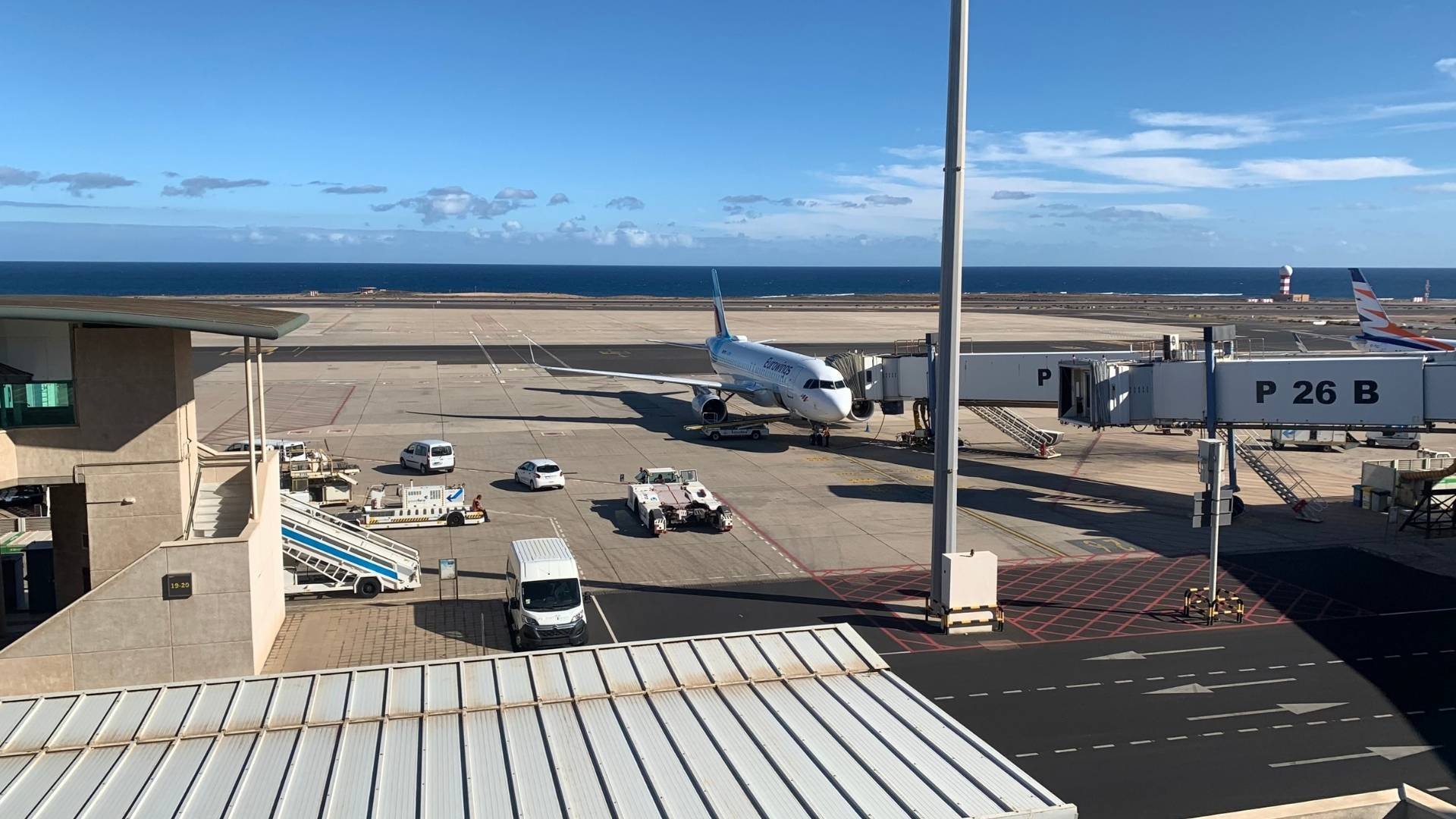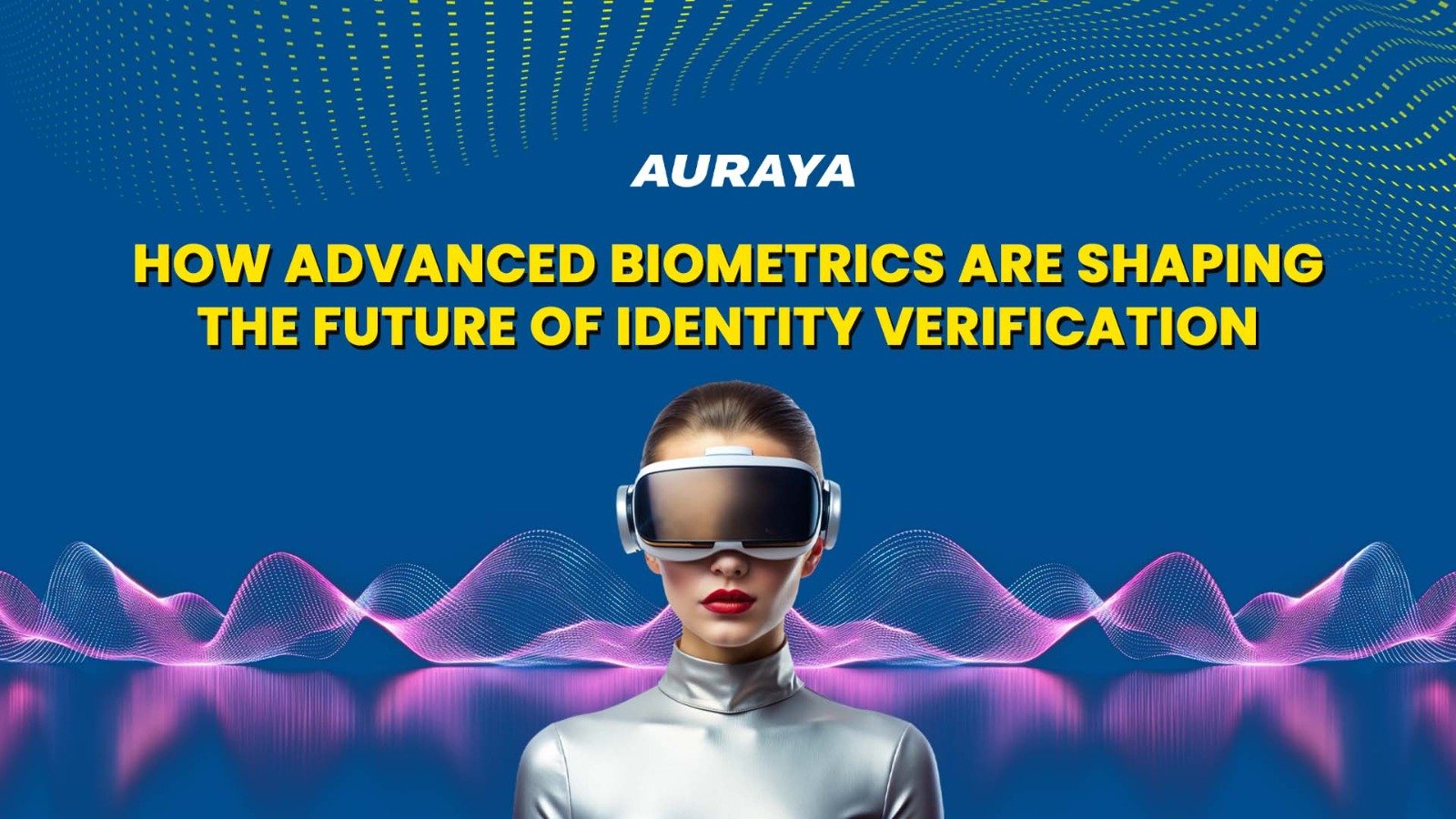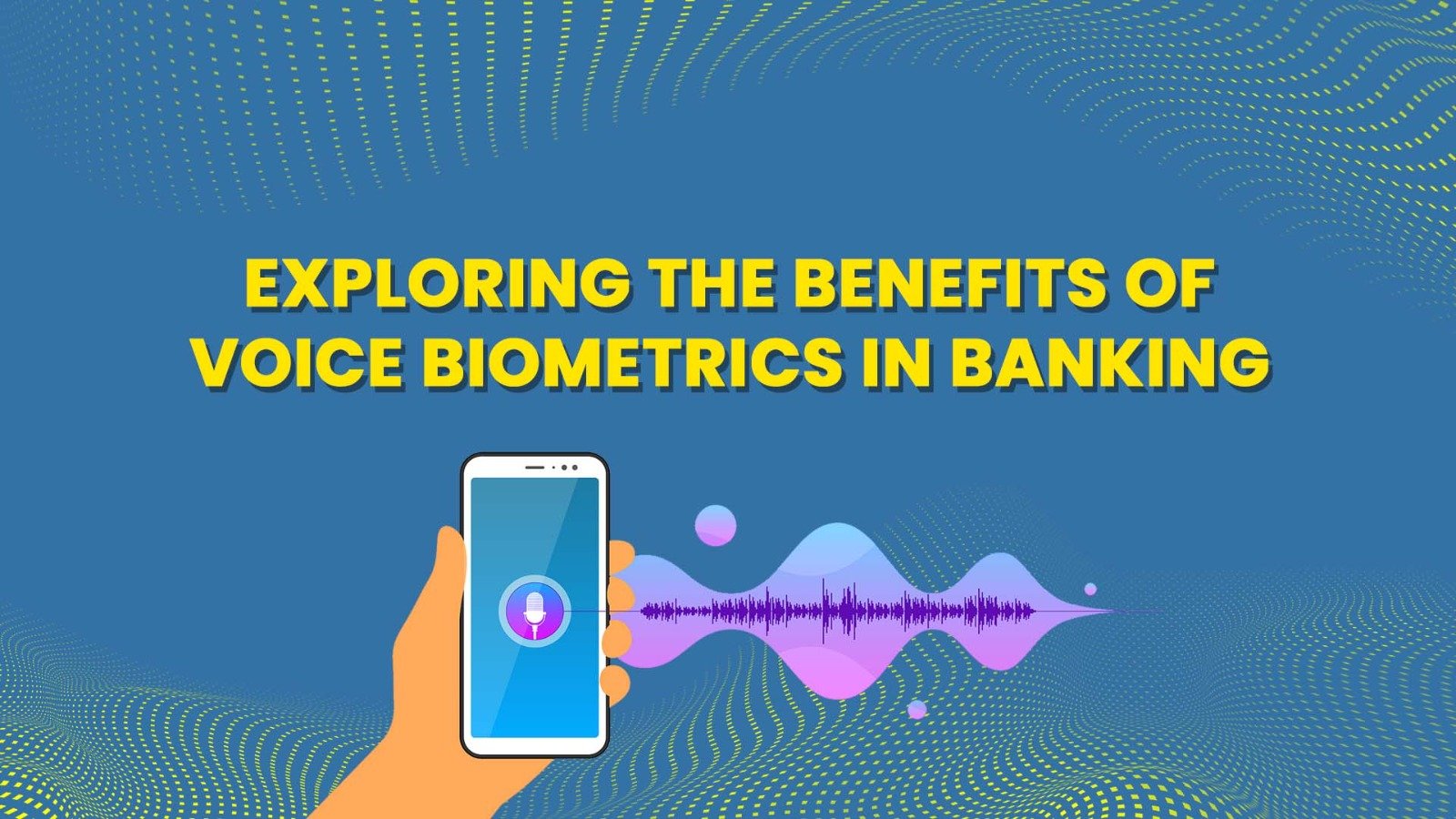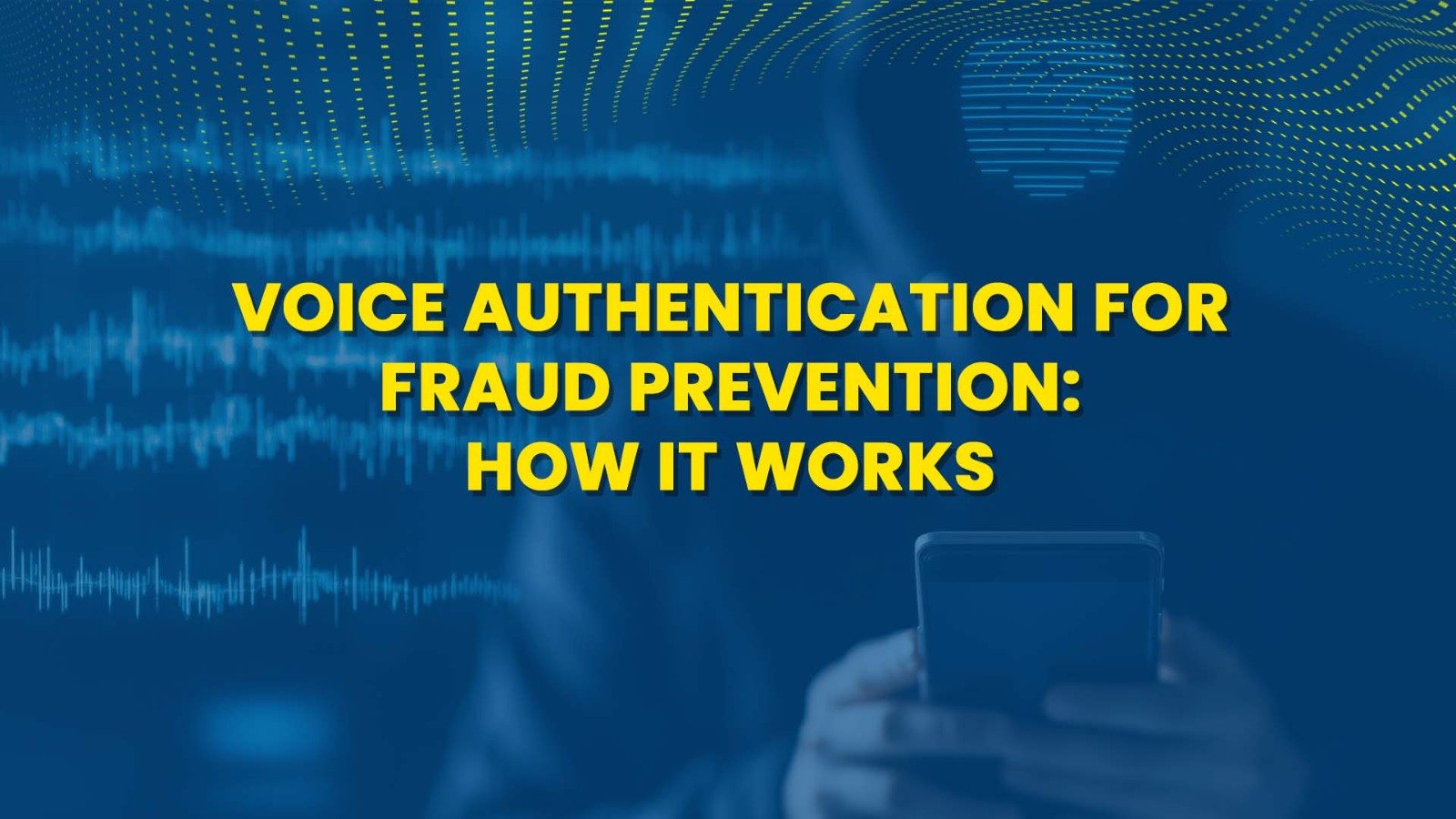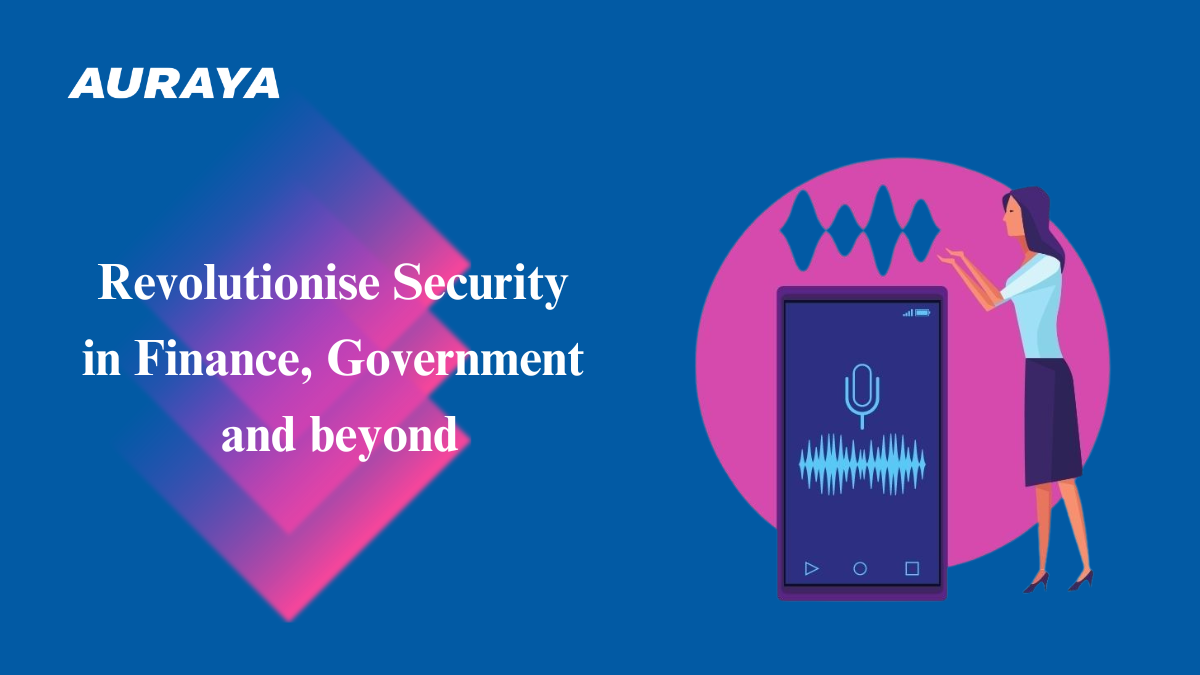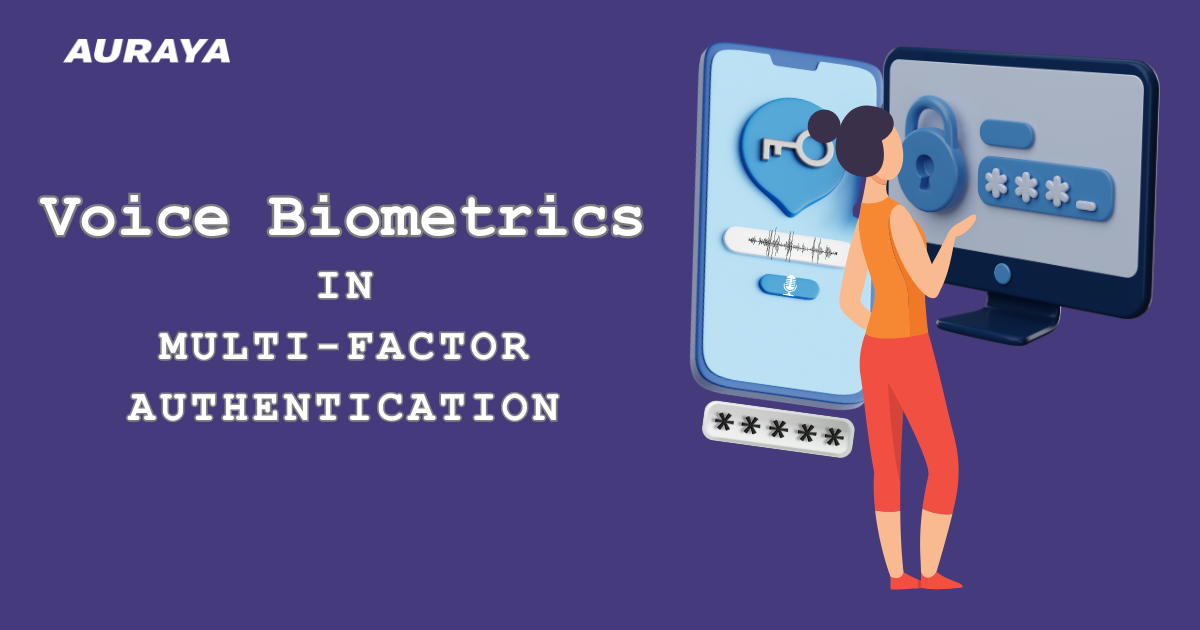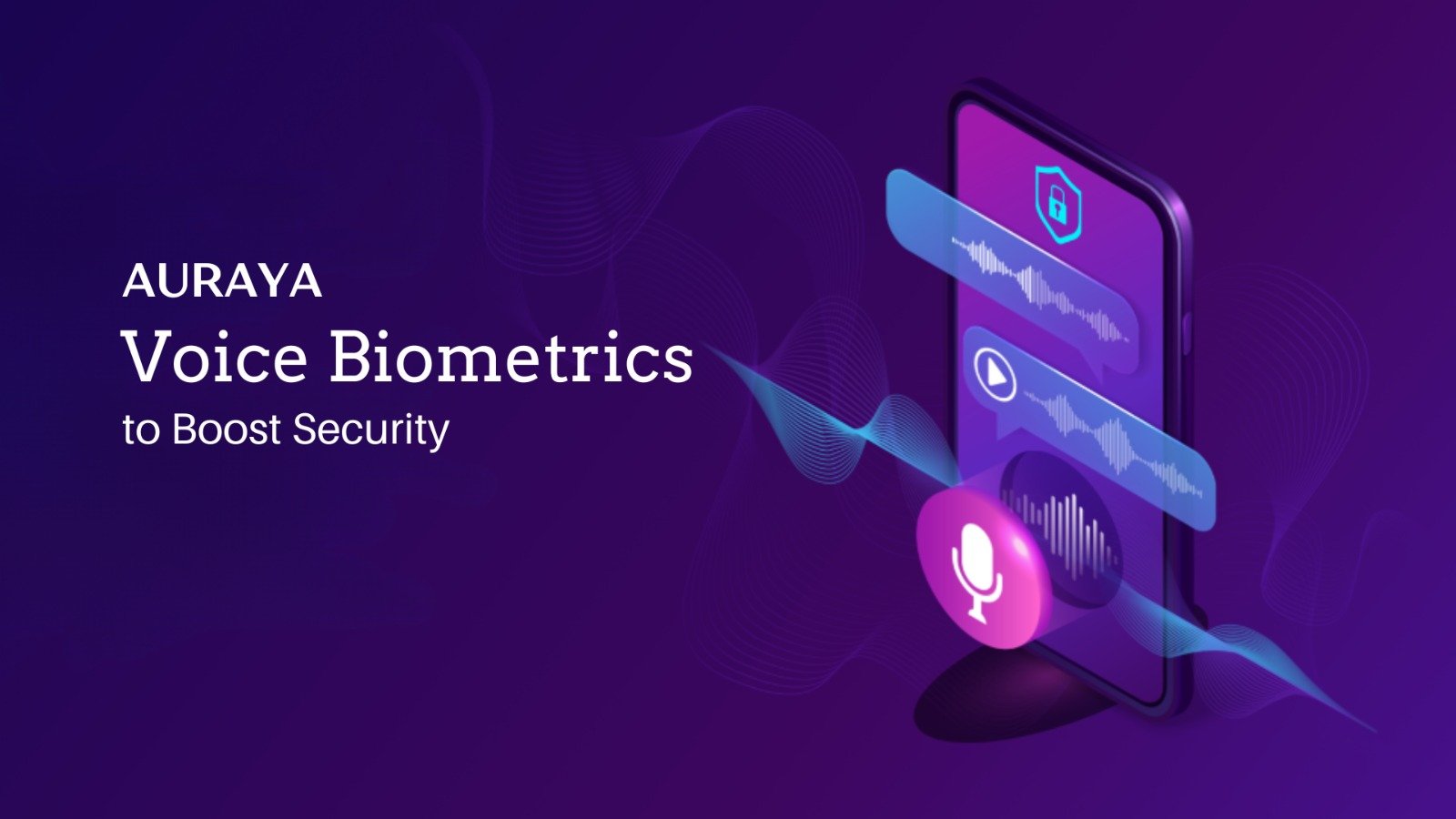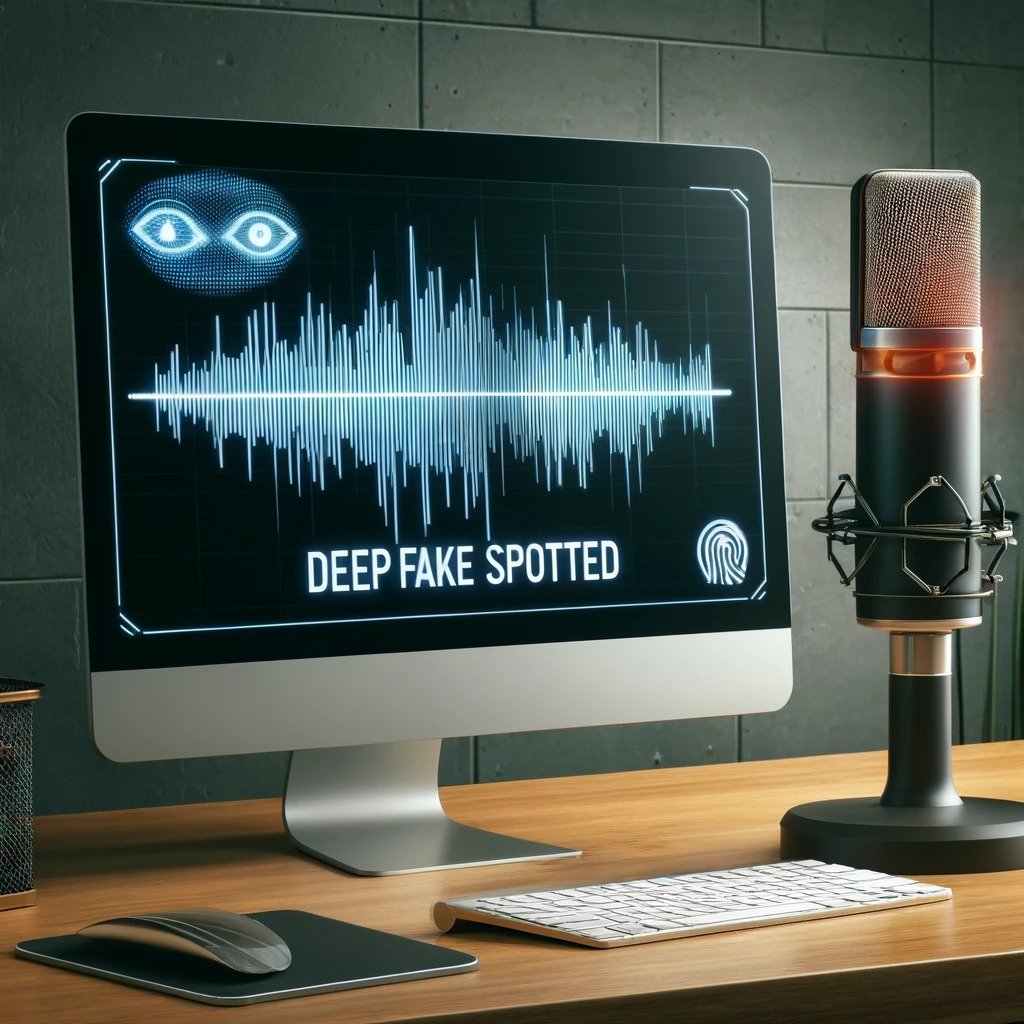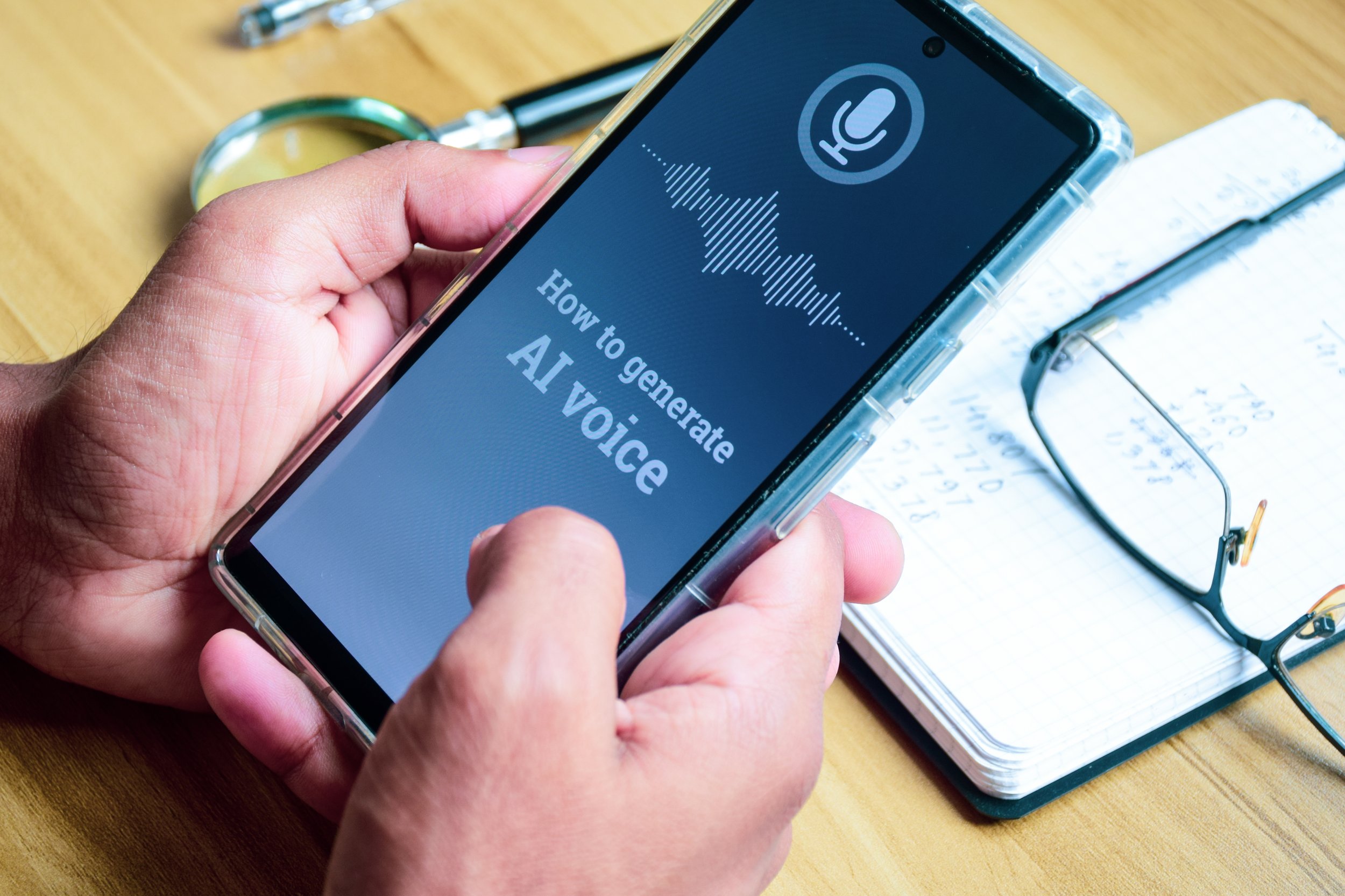Voice Biometrics Implementation in the Airline Industry
No industry is safe when it comes to security and privacy issues. As the airline industry grows (5.9% CAGR from 2009 to 2017), the risk in data protection grows along with it. Fraudsters are attracted to high valued opportunities resulting from the stored customer data of airlines. This valuable data has become a prime target for fraudsters in recent years.
Security Incidents in the Airline Industry
In 2018, Cathay Pacific experienced a data breach that exposed personally identifiable information of over 9.4 million customers. The information exposed included phone numbers, dates of births, frequent flier membership numbers, passports, government ID numbers as well as travel histories. For a skilled fraudster, this is enough information to commit fraudulent activities such as identity theft.
In the same year, British Airways faced a USD 230 million fine for wrongfully directing 500,000 customers to a fraudulent site. The site had the potential of stealing customer information such as names, addresses, logins, payment card and travel booking details. Additionally, a new potential leak has been discovered recently that may expose British Airway’s customer details including flight booking details and personal information. The phishing attempt was discovered when the airline’s e-ticketing system sent unencrypted check-in links via emails to their passengers. Fraudsters could intercept this email and gain access to the hyperlinks, which would allow them to view and change flight booking details and personal information.
To add to the list, Air New Zealand also experienced a phishing scam, affecting 70,000 frequent flyer members. The scam exposed some information relating to member profiles.
Voice Biometrics - An Omnichannel Security Approach
While it is impossible to cover all security issues, ensuring that the best security methods are implemented is the minimum requirement for any responsible organization. Using voice biometrics for identity verification purposes in the airline industry can provide numerous benefits such as bolstering cybersecurity and offering unique, improved customer experience.
Auraya’s next-generation voice biometric engine, ArmorVox, is capable of being deployed in telephony and digital channels., Voice authentication can be used in a variety of use cases such as: using voice to authenticate payments when buying tickets through an e-ticketing system, using voice to authenticate identity when checking in at airport check-in kiosks and even using voice to verify customers’ identity when using mobile apps or chatbots to access confidential information such as passenger details and e-ticket details.
What makes ArmorVox great as a second-factor or step up authenticator is its seamless and frictionless integration. Paired with identification information (such as calling line number, phone number or customer number), passengers can easily verify their identity either actively or passively in the background. For example, passengers can log in to the app or web browser by speaking their customer number. This unique experience blocks fraudsters as they need the passengers’ voiceprint to gain access to the accounts. Therefore, even if fraudsters can intercept e-mails containing information for passengers’ eyes only, they would fail to break in due to the voice authentication system.
ArmorVox features patented capabilities that are designed to detect and stop fraudsters. With the patented Impostor Mapping and fast crossmatching capabilities, ArmorVox can be used to protect customers in real-time. Other capabilities such as Synthetic Voice Detector and Liveness Detector also detect pre-recorded voice messages or generated voice messages and issues random challenges to deflect fraudulent attempts.


